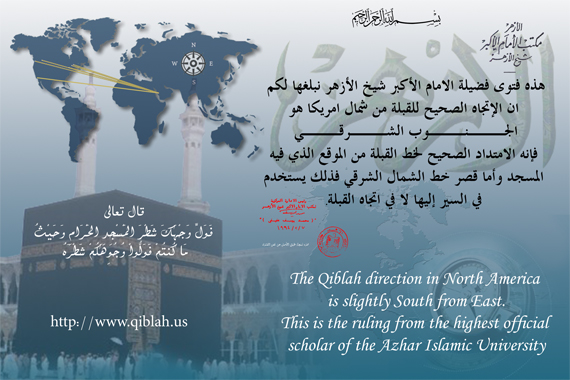We started this path relying on our values of moderation, openness, wisdom and cooperation. Our goal is to teach, guide towards good and benefit our societies. Our motto is honesty in transmitting the Islamic knowledge.
All this made the Association of Islamic Charitable Projects rise to the level of worldwide associations and be known throughout the world, so much so that it is playing an important role in spreading values of justice and knowledge among the different fractions of societies.
Praise be to Allah, the Lord of the worlds. To Him belong the endowments and proper commendations. May Allah raise the rank of our prophet Muhammad and protect his nation from what he fears for it.
Hence, the Islamic institutions throughout the world rapidly trusted the A.I.C.P and established connections with it, a thing that consolidated the ties that the associations had with thousands of people worldwide.
The A.I.C.P has as guides the Qur’an and the Sunnah of Prophet Muhammad and the path of the Islamic scholars like Imam Ash-Shafi^iyy, Imam Malik, Imam Ahmad and Imam Abu-Hanifah. Unlike the followers of Sayyid Qutub who deviated from the right path by following an erroneous idea that sprung fifty years ago, and unlike the followers of Muhammad ibn ^adbil-Wahhab who deviated from the right path by following an erroneous idea that sprung two hundred years ago, unlike them we are following the right path of the prophet, his companions and their followers. We hold and defend the creed of millions of Muslims throughout the world. As for matters of creed, we are Ash^ariyys, that is we follow the school of imam Abu-Al-Hasan al-Ash^ariyy, who is a Sunniyy scholar, and who compiled the creed of the companions and followers. As for issues of purification, prayers, fasting and the like, we are Shafi^iyy, while knowing that all Sunniyy schools of jurisdiction are on the right path and that the minor differences among them concerning some details is mercy for the nation.
The A.I.C.P goes counter any form of extremism that allows the killing of innocents, and it is clear of any connections to any form of deviations or extremism that considers the mere fact of visiting the tomb of Prophet Muhammad or celebrating his birth as a type of heresy. Rather, the association warns against extremism and labors to prevent its spreading. The association considers the deviated and extremist practices of certain groups in the name of religion as a form of treason to the people and a cause for fracture among the unity of the nation.
As for teaching that whoever insults God or the Prophet is a blasphemer, or warning against any other type of blasphemy that makes the person who utters it go out of Islam, this is known among Muslims worldwide, and has been stated by scholars like Al-Qadi ^iyad, who is Malikiyy, An-Nawawiyy who is Shafi^iyy and by numerous others. And we are following them proudly and openly.



